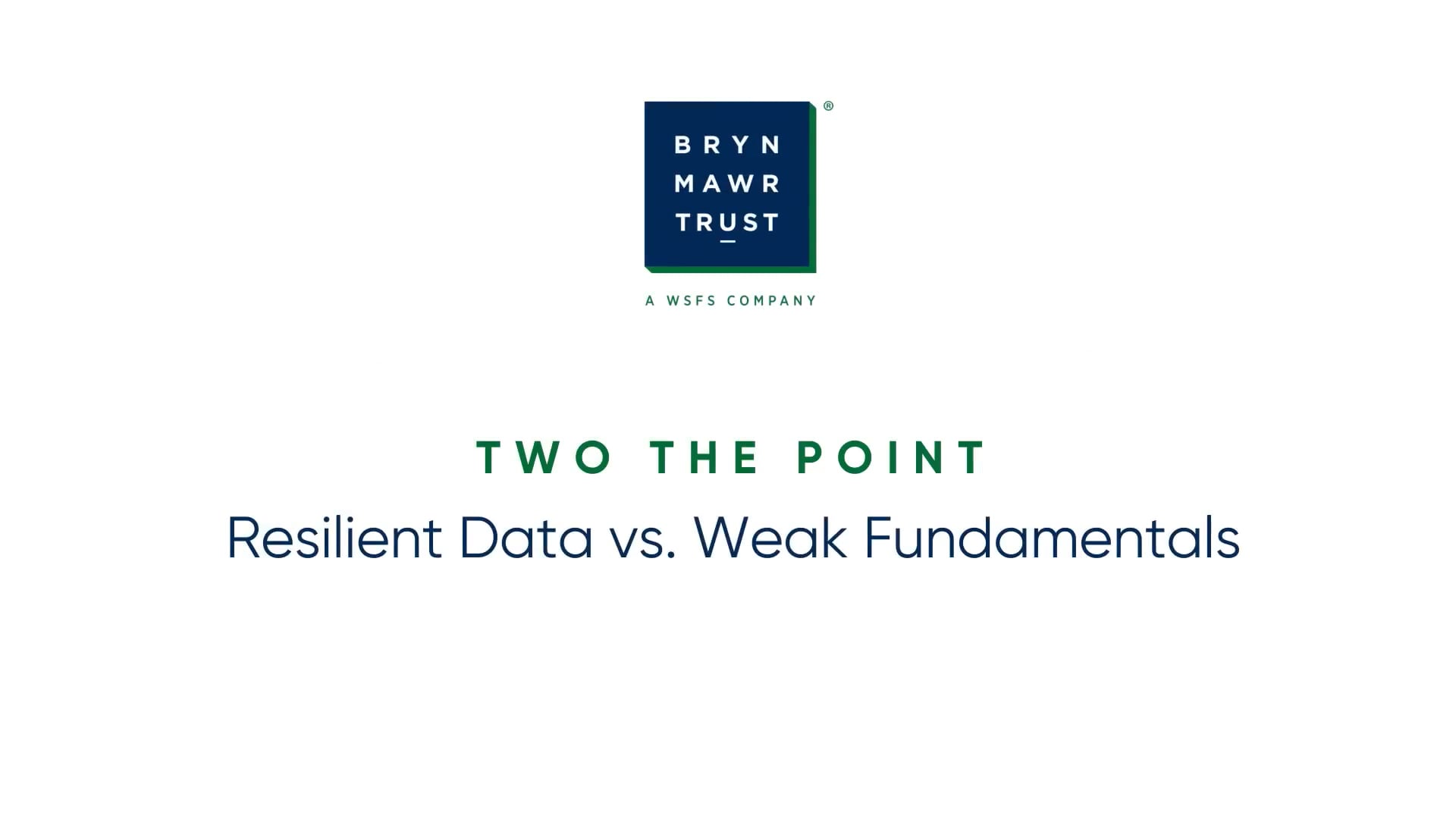People are creatures of habit and routine. We like predictability in our day, as adjusting continually requires effort. Introducing uncertainty takes you out of your daily routine and requires you to make new decisions. If the road is closed during your morning commute, you must find an alternate route, and your stress levels will likely increase. The pandemic was uncertain on a global scale; every part of our day turned upside down, and we are still processing the ramifications.
An election year is no different, as there is heightened speculation around changes in policy, geopolitics, and taxation, among other things. We are inundated with polls and headlines about proposals, some of which may be minor while others are wide-ranging. We’ve only just become accustomed to the previous few years, and now, for better or worse, the door is opened for yet more change.
It is often said that the stock market is forward-looking, meaning its growth will depend on how publicly traded companies perform in the future, not the past or present day. More specifically, market returns are driven more by economic trends than election outcomes.
If proposals such as increased corporate tax rates or import tariffs are on the table, how might these impact a company’s earnings? Election cycles bring a flurry of questions such as these, and again, uncertainty brings heightened volatility in the markets.
Fortunately, we have a history of election cycles and can observe how the market performed during these times, and from an investment perspective, it’s been positive on average. According to Fidelity, since 1950, U.S. stocks have averaged returns of 9.1% in election years1. Further, positive returns have been seen regardless of which party is elected.
Comparable results are seen at the congressional level – there is little correlation between market performance and a Democratic or Republican Congress. Not surprisingly, and in keeping with the theme, markets have historically performed better when there is a divided Congress, as gridlock provides certainty that our daily lives will remain mostly unchanged.
Of course, past performance does not always guarantee future results, and markets occasionally decline during election years. That said, it is difficult to attribute these downturns entirely to an election, as they’ve coincided with other significant events, such as the start of World War II, the dot-com bubble in the early 2000s, and the housing market crash in 20082.
A financial plan built around your family goals can be a powerful tool to help provide certainty in these trying times. If your goal is to save for a down payment or other short-term expense, an advisor can recommend lower volatility investments, such as fixed income, to provide peace of mind regardless of what the stock market does. Then, if the stock market experiences a sharp or sudden downturn, you may rest easy knowing that your portfolio is less impacted.
Conversely, if you are still young and saving for retirement, you can take solace in knowing that over an extended period, e.g., more than ten years, the S&P 500 has been positive 94% of the time for the past 96 years3. Dollar-cost averaging, which is regularly buying into the stock market, can also provide comfort. If the markets are trending downward, you buy in at cheaper levels. And if markets are moving up, you are still participating in these positive returns.
Our emotions can often override our intentions, causing us to make irrational decisions about our investment portfolios. Collaborating with a financial advisor helps provide perspective and ensures your goals remain on track.
Sources
1https://www.fidelity.com/learning-center/trading-investing/election-market-impact
2https://www.bankrate.com/investing/election-year-stock-performance/
3https://www.capitalgroup.com/individual/planning/investing-fundamentals/time-not-timing-is-what-matters.html
This communication is provided by Bryn Mawr Capital Management (“BMCM” or “Firm”) for informational purposes only. Investing involves the risk of loss and investors should be prepared to bear potential losses. Past performance may not be indicative of future results and may have been impacted by events and economic conditions that will not prevail in the future. No portion of this commentary is to be construed as a solicitation to buy or sell a security or the provision of personalized investment, tax or legal advice. Certain information contained in this report is derived from sources that BMCM believes to be reliable; however, the Firm does not guarantee the accuracy or timeliness of such information and assumes no liability for any resulting damages.
Bryn Mawr Capital Management, LLC. is an SEC registered investment adviser and a subsidiary of WSFS Financial Corporation. Registration as an investment adviser does not imply a certain level of skill or training.
INVESTMENTS: NOT A DEPOSIT. NOT FDIC – INSURED. NOT INSURED BY ANY FEDERAL GOVERNMENT AGENCY. NOT GUARANTEED BY THE BANK. MAY GO DOWN IN VALUE.




